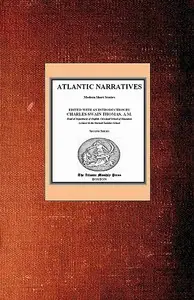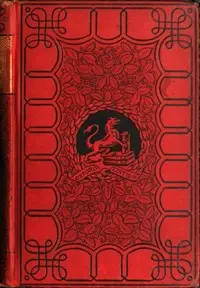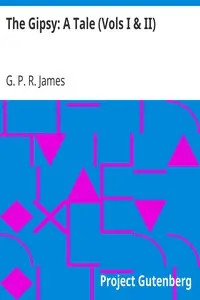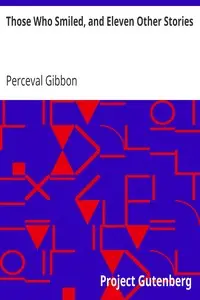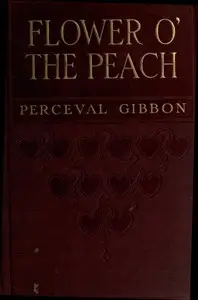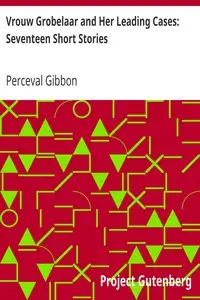"The Second Class Passenger: Fifteen Stories" by Perceval Gibbon is a compilation of short stories that share tales of diverse individuals navigating through life’s challenges, primarily during what appears to be the early 1900s. With stories that touch on the disparities of social class and the impact of cultural exchanges, Gibbon captures human interactions in assorted environments. In one such story, a man named Dawson, arriving in Mozambique as a second-class passenger, finds himself embroiled in a dangerous situation when, after a day of exploration, he volunteers to retrieve a bronze idol for a fellow traveler. Lost in a maze of dark, rainy streets, Dawson encounters a cast of questionable characters that draws him into a violent confrontation. The story sets the stage for a series of narratives packed with human drama and the tensions of difficult situations.

The Second Class Passenger: Fifteen Stories
By Perceval Gibbon
Amidst class divides and cultural collisions, ordinary people face extraordinary trials, revealing the complex tapestry of human existence.
Summary
About the Author
Perceval Gibbon was an author and journalist, serving for the Rand Daily Mail in South Africa, as well as for other publications. Gibbon had travelled to South Africa in 1898, moved to the war front and became the representative of a syndicate of colonial newspapers at the outbreak of the Anglo-Boer War. He is best remembered for his short stories, which often contained an ironic twist at the end. Gibbon's influence on the work of later South African authors has been acknowledged. For instance, the fictional narrator of Vrouw Grobelaar's Leading Cases (1905) is said to be a forerunner of Herman Charles Bosman's character Oom Schalk Lourens.
Perceval Gibbon was an author and journalist, serving for the Rand Daily Mail in South Africa, as well as for other publications. Gibbon had travelled to South Africa in 1898, moved to the war front and became the representative of a syndicate of colonial newspapers at the outbreak of the Anglo-Boer War. He is best remembered for his short stories, which often contained an ironic twist at the end. Gibbon's influence on the work of later South African authors has been acknowledged. For instance, the fictional narrator of Vrouw Grobelaar's Leading Cases (1905) is said to be a forerunner of Herman Charles Bosman's character Oom Schalk Lourens.


